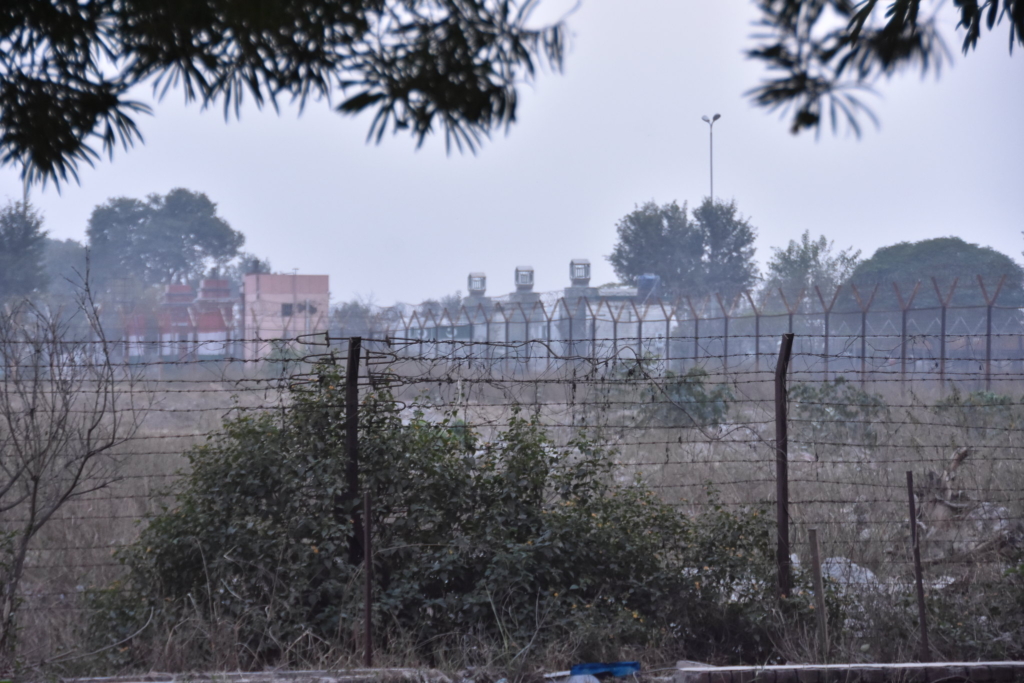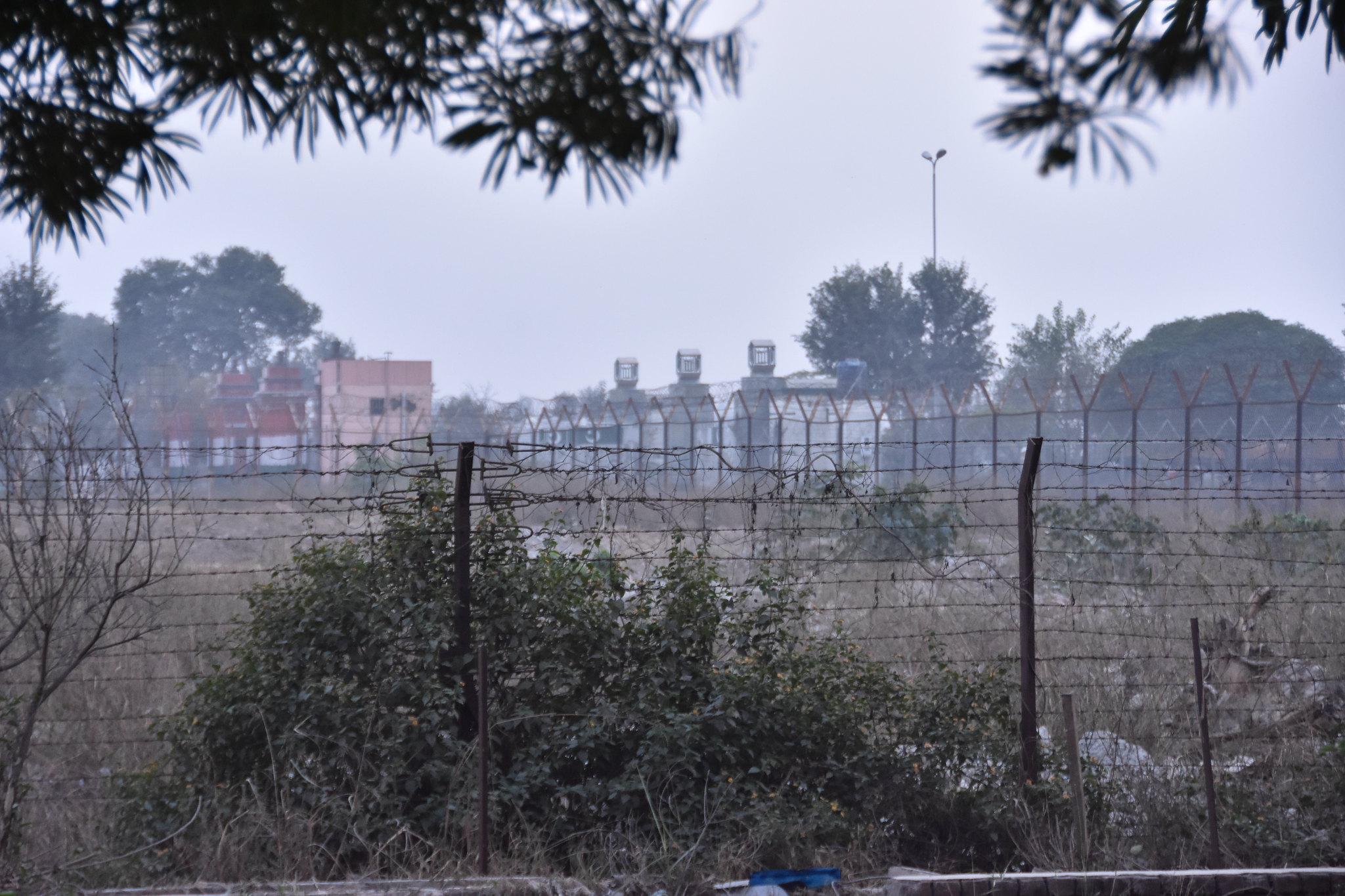by Maler Suresh

Photo: Shankar S./Flickr
On August 4th, a small part of the world was cut off from almost all communication. Phone and internet connections, as well as travel, was cut off. Even between neighborhoods. Kashmir was placed on tight security lockdown, with barbed wire along the border, leaders under house arrest, and numerous troops sent in, but why? To answer that, we have to start with the basics.
Where is Kashmir? It is the valley region between two countries with a lot of rough history, Pakistan and India. Pakistan controls one half of it, and India controls the other with a tiny portion controlled by China. Even though it’s controlled in part by a India (a country in which the majority of people are Hindus), Kashmir is a mostly Muslim region like Pakistan. For some time now, certain groups of the Kashmiri people have been calling for a change. Either they want independence from India, or they want an alliance with Pakistan. Neither of which India is willing to give.
What rights did Kashmir have before? The Indian part of Kashmir previously had a lot of freedom. It was considered another state in India, but with a special status under Article 370 of the constitution. This is because Kashmir, which was once it’s own independent region, was being threatened by Pakistan. They turned to India for help, saying that they would become part of India, and be protected by it, on the condition that it was given legislative autonomy (the freedom to govern itself). This right was protected under Article 370 of the Indian constitution. Now, Article 370, and Kashmir’s special state-hood, has been revoked by Indian Prime Minister Narendra Modi.
Why did he revoke it? By scrapping Article 370, Modi can split Indian controlled Kashmir into two sections, one run by a state government, and the other run by the federal government itself. Both of these new governments would transfer power to people working for the Indian government instead of the Kashmiri government. Scrapping the article also allows Hindus (from India) to purchase land there. This is meant to help with security concerns. In February, 38 policemen were killed by a cross border terrorist attack into Indian Kashmir. India and Pakistan have also been exchanging airstrikes, making Kashmir one of the world’s most militarized zones. Modi says that “mainstreaming” Kashmir will not only deter terror attacks, but it will also allow Indians to invest there, creating a better economy for its people. But, this argument has come under some criticism since this would effectively make the Indian controlled Kashmir a more Hindu dominated state that would side with India over Pakistan when making decisions.
How have the people reacted? People in Pakistan, Kashmir, and India see Modi’s decision as illegal and an attack on Indian democracy. The lower house of Parliament in the Indian government did vote on the act, but that part of the government is basically controlled by Modi’s Hindu nationalist party, a party that places extreme pride in the Hindu culture of India. Due to this fact, some say the voting was just a technicality. Hindu nationalists in India support Modi’s decision while others view it as unprecedented, especially since it puts them on bad terms with Pakistan. In Pakistan, they’ve downgraded their diplomatic ties with India, kicked out the Indian ambassador, suspended trade with India, and are even looking to file a complaint with the UN. They say that Modi’s move could lead to genocide.
As things develop in Kashmir, it becomes increasingly clear that this fight is less about land and more about the cultural divide between Pakistan and India.

